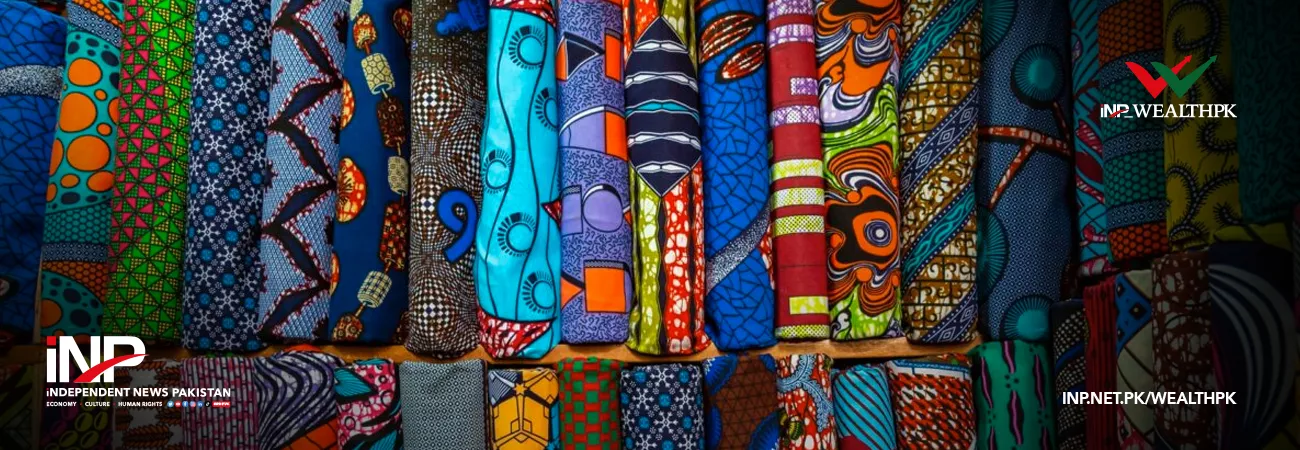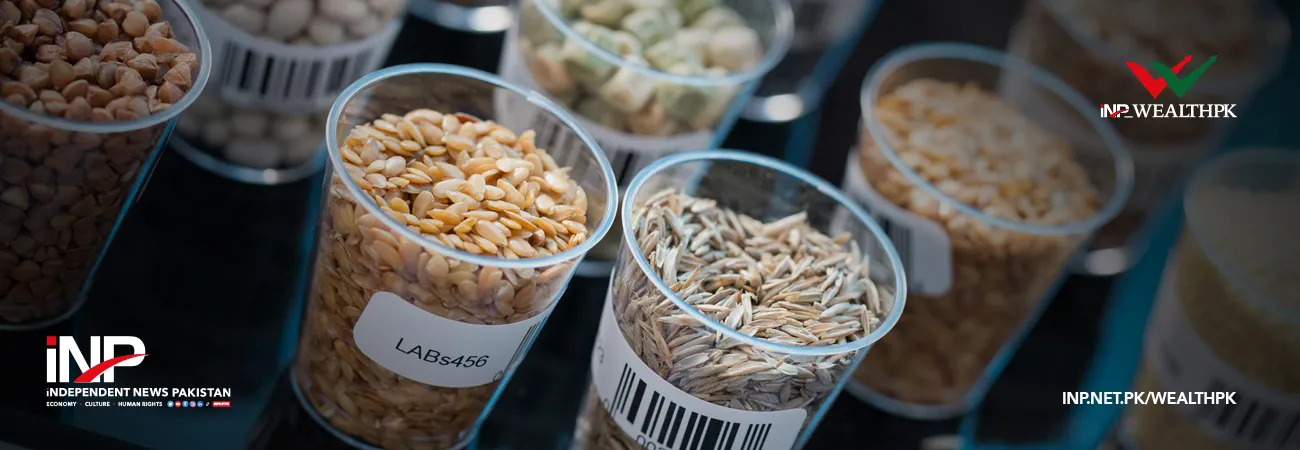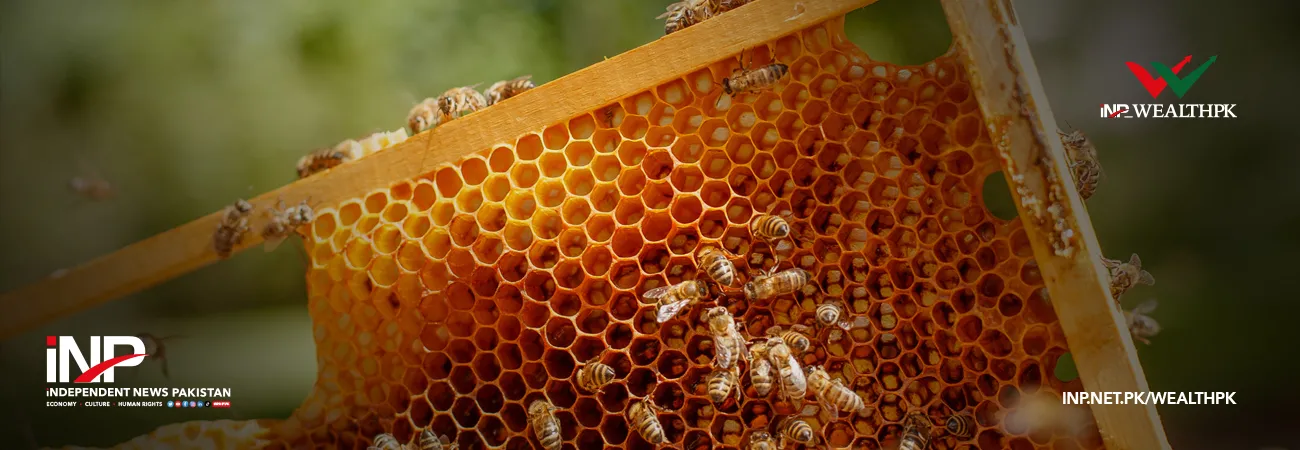INP-WealthPk
‘International Accord on Health and Safety in the Textile and Garment Industry’ has provided free services to Pakistani textile producers. According to Accord’s Executive Director Joris Oldenziel, there is a participation fee for foreign brands and purchasers, but there is none for local suppliers. Joris Oldenziel headed a delegation to the All Pakistan Textile Mills Association (APTMA), comprising Veronique Cremer, Head of Policy and Advocacy, and Zulfiqar Shah, Consultant of International Accord.
He said that the International Accord was established to guarantee that employees work in a secure atmosphere free from worries about workplace accidents and other safety-related concerns. According to him, the initiative was launched in Bangladesh in 2013. It was followed by the creation of International Accord programmes based on the fundamental values of responsibility, openness, independence, worker involvement, and inclusive government in other countries.
He added that the Accord currently has more than 180 multinational brands as signatories. Hamid Zaman, chairman of the APTMA's Northern Zone, stated that all of the association's member mills are compliant corporations and that both international and national organisations closely monitor industry performance. According to him, Pakistan's textile industry complies entirely with national and international sustainability standards like SA 8000, Oeko Tex made for green, Step, etc.
The textile mills are also contributing to the implementation of Sustainable Development Goals besides ensuring compliance with the 27 conventions of the GSP plus status relating to social, gender, environment, and other aspects. In light of the ongoing global energy crisis, Hamid said that the industry is developing an action plan to invest in pollution-control technologies and move away from fossil fuels. APTMA Senior Vice Chairman Kamran Arshad said that there is no discrimination against women in the textile business.
He stated that in addition to offering workers training opportunities, there are also attractive wage packages, housing, and transportation amenities. He said that the sector maintains reasonable shift schedules and daycare facilities for female employees, and that APTMA member mills do not use child labour. In addition to medical insurance and accidental coverage, Kamran said that each mill has enrollees for the government's social security programme, which provides free medical, maternity, disability, and retirement benefits.
APTMA Vice Chairman Asad Shafi said the textile sector intends to build 1,000 garment factories to boost textile and apparel exports to $50 billion. Over the following four years, an investment of $7 billion will be made, adding $20 billion in yearly exports while employing well over 1.5 million people.
Credit : Independent News Pakistan-WealthPk













